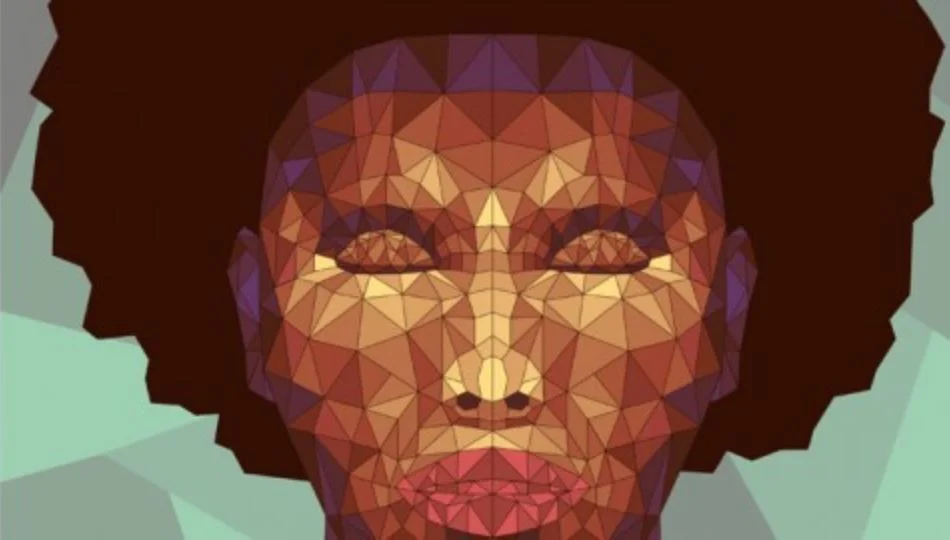Blackness: An Exploration of Cultural Identity in the African Diaspora
Source: excal.on.ca
Written by Ronald Collins (ISC, solidarity correspondent)
Edited by Dae-Han Song (English Chief Editor)
What is Blackness? Are all Black people the same? In an age when #BlackLivesMatter trends, Black athletes lose their jobs standing up against Black deaths, and the U.S. President refers to prominent Black people as “low-class” and “uneducated,” you’d be justified asking these questions. At its most basic, Blackness is the collective transnational identities created by Europe’s rape of Africa. Black identities and experiences sprang forth from European colonization and export of Africans and their cultures across the globe. Nonetheless, beyond the common cultural threads, the experiences and norms of Black people are as diverse and unique as the regions to which we were exported.
Despite the impossibility of fully capturing a constantly changing Black identity through writing, I, nonetheless, embark on this quest and hope to at least provide a glimpse and an introduction through the lens of my own experience as a Black American. And while Black America is my personal experience, it is nonetheless an important one within the African diaspora for its role in informing Black culture globally.
Black identities are constructed from Pan African, European, and uniquely regional Black cultures and traditions. Black identities must be rooted in a composite pan-African culture since the racial cauldron of slavery erased individual African ethnicities— at times mixing peoples that otherwise would not have. Thus, we see the start of cultural blending and evolution into modern Black cultural norms. For example, spoken word traditions found all over Africa trans-morphed into hip hop in the U.S. which then became synonymous with Black culture internationally.
Born out of the European rape of Africa, Blackness also partly bears its visage. The life of an American field slave was vastly different than that of an island slave working in the house of the French petty bourgeoisie. For one, the culture of both might be rooted in pan-African traditions, but each spoke the differing languages of their slave-masters. Yet, their Blackness was not just African and European, it also comprised the regional Black traditions that arose as Black people sought to survive and also thrive. The most salient example is how our diet is rooted in the creative struggle of slaves to feed themselves. In the United States, Soul Food while having English influences, is clearly its own style of food created by Black people to feed themselves and their masters. Soul Food is a uniquely African American construct created to carve out an identity for ourselves in a place where African identity had been stolen.
While African ancestry, European colonialism, and regional traditions in large part shaped modern Black culture throughout the world, Blackness is ultimately a lived experience. If we look upon Blackness as simply the child of rape, than we limit ourselves to nothing more than what the Europeans determined, rather than acknowledging that Blackness has also grown and evolved on its own terms.
Nevertheless, Blackness has to first be reclaimed. Blackness is not just a consequence of greed and exploitation, rather it is an idea cultivated to justify slavery and colonialism after the Enlightenment period. Based on this theory, humanity was divided into distinct “species” of “Caucasians,” derived from the pseudoscience eugenics for those of European descent, at the top and Negroes, derived from the term for African, at the bottom. This claim was popularized in the 17th and 18th centuries by “scientists” such as Georges Cuvier and James Cowles Pritchard. These were widely accepted as the scientific basis for the enslavement and subjugation of non-Europeans. Publications such as James Hunt’s “On the Negro’s Place in Nature” justified the enslavement of Black people by asserting that we were naturally inferior to Europeans.
While created to subjugate people of African descent, Blackness has since grown into one of the greatest challenges to white supremacy. Black culture is resistance to genocide, cultural and otherwise. By declaring that Black Lives Matter, by becoming the greatest athlete in the world, by becoming President of the United States, Black people prove that despite white supremacy, we built a culture that is thriving and influencing the world. Blackness is living and forming and thus more than the sum of its past, born of struggle and oppression. Those of us to whom it was gifted continue to shape and change it to create a better future for the next generation. Blackness is, in effect, the beautiful child of an ugly history between Africa and Europe that has grown into the variety of thriving modern cultures of the African diaspora.

